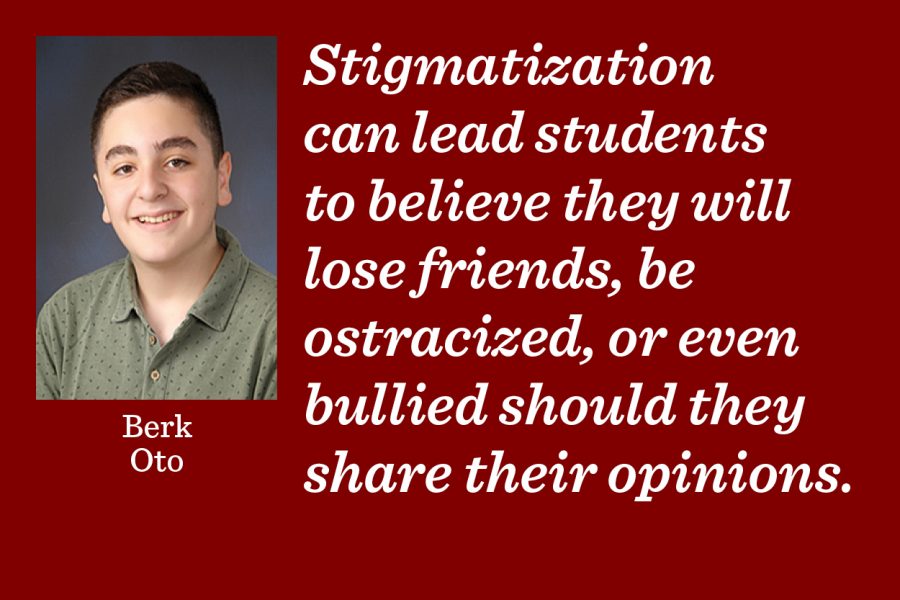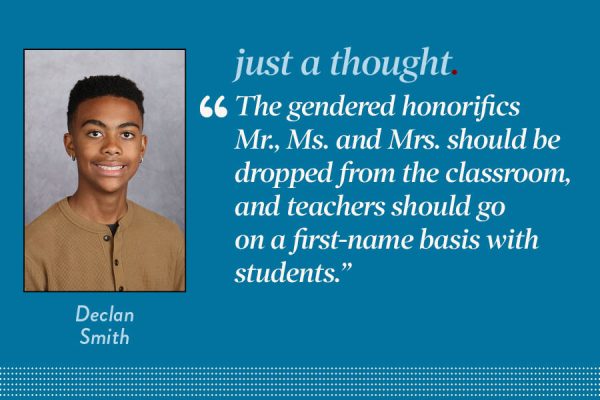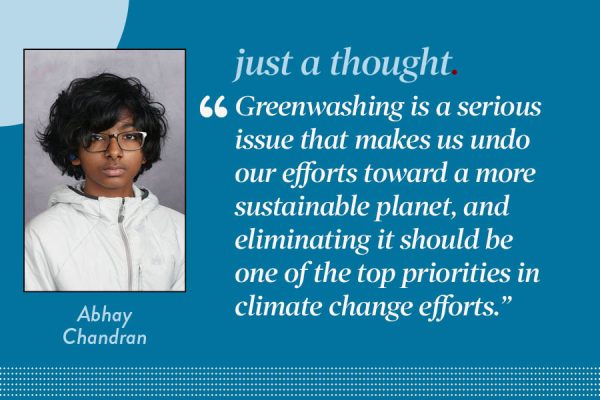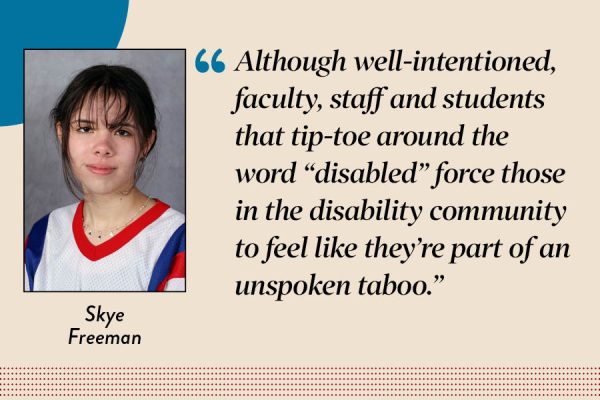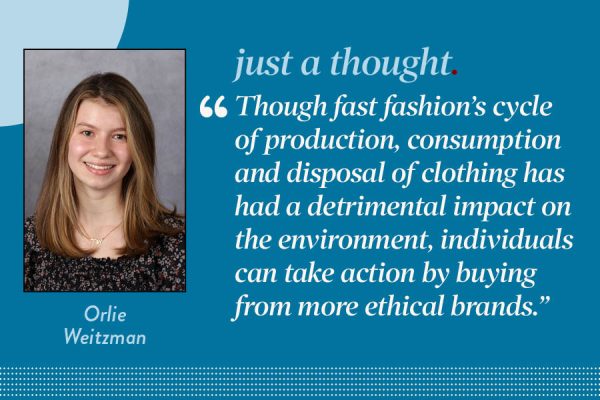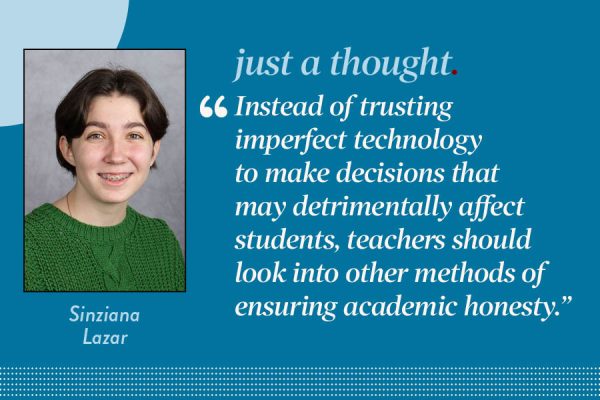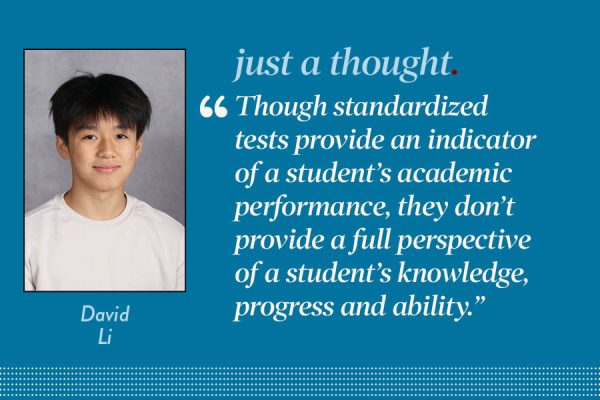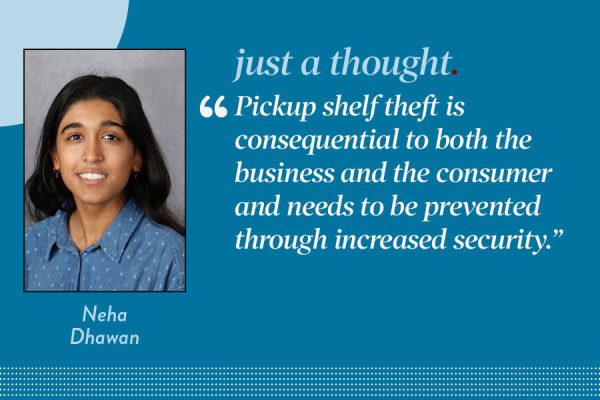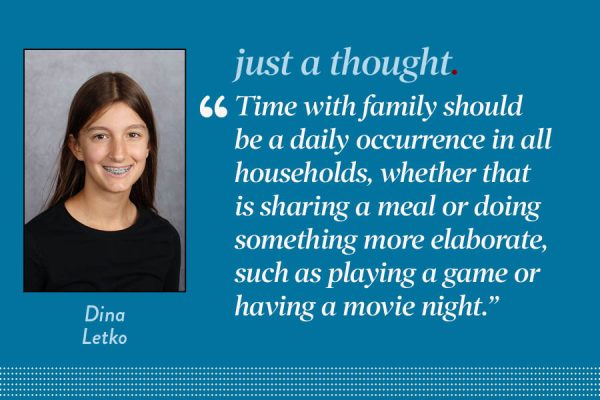Don’t alienate — learn to engage in open discourse
October 9, 2019
“But he’s a Republican!”
“And a liar,”
“Isn’t he racist?”
These were the reactions of my classmates when I said, “I think Marco Rubio was an underrated candidate,” while having a conversation with a friend.
My crime was expressing an unpopular opinion a little too loud. And it certainly wasn’t a welcome one.
Though Lab’s mission statement declares that we value exhibiting kindness and honoring our diversity, we fall short when it comes to making people with differing opinions feel welcome. To solve this shortcoming, students must not stigmatize or quickly repudiate opposing political beliefs to create a kind and welcoming environment that values diversity in thought.
Stigmatization can lead students to believe they will lose friends, be ostracized, or even bullied should they share their opinions. The effects of such alienation often carry on to higher education. Although, according to the Pew Research Center, 74% of Republicans don’t believe that students are hearing a full range of viewpoints on college campuses. According to the online educational group OneClass, 37.5% of conservative students feel unsafe when expressing their opinions, and only 25% feel comfortable sharing their political views without repercussions according to the Harvard Institute of Politics.
Often, political stigmatization occurs when students generalize certain beliefs with negative terms like ignorant or racist with little regard to their meaning. As a debater, I know such labels do nothing to convince people and instead push the other side further in their beliefs.
A far more constructive approach is to explain the impact of the statement and if something is incorrect, why, rather than simply filling a generalization with unfounded adjectives.
According to long-time U-High Conservatives club member Benjamin Meyer, generalizations are a part of the reason why the club may not have enough interest to continue.
Although Ben is very passionate about politics, he says that being politically active to the extent that he would likely alienate him further. His goal is to create a platform for students like him who feel estranged from the Lab community.
The first step to create free discourse is to engage with people and understand that they are more than their political opinion. Forgetting this leads to destructive personal attacks rather than an open discussion of ideas.
“The way that you reach people is by finding common ground. It’s by separating ideas from identity and being genuinely open to persuasion,” Julia Dhar, a former debate coach, said in her TED talk.
Losing U-High Conservatives, a safe space for conservative students is an opportunity for the Lab community to step up and create dialogue at our school that is consistent with our mission statement.
This change can only happen on an individual level. Next time when facing someone you disagree with, try to listen, identify common ground, and then rebut their ideas.



